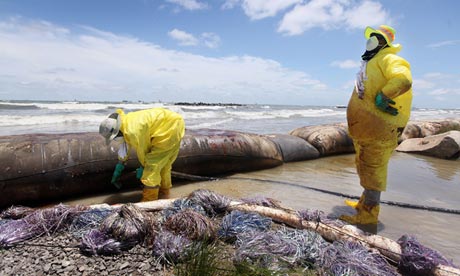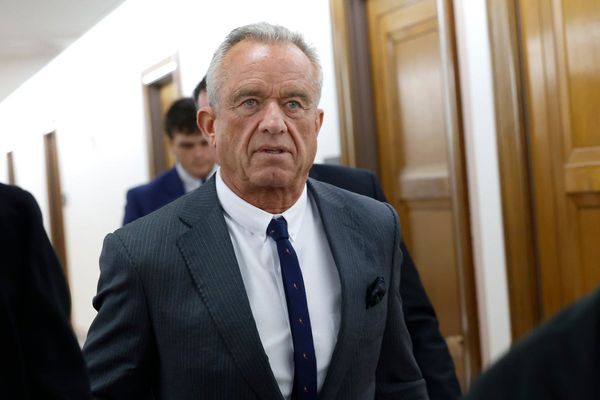
Estimating BP's quarterly profits has suddenly become a finger-in-the-air affair. One factor is the tax rate, which exploded to 45% in the latest period, driven by the interplay of various currencies.
The Russian angle is also confusing after last year's cash-plus-shares sale of the 50% share in TNK-BP to Rosneft, which left BP with an enlarged stake in the latter. Earnings from the 19.75% stake in the Russian energy titan are harder to read and disappointed this time. Now the truly wild element approaches – increases to the fund established to compensate victims of the 2010 oil spill in the Gulf of Mexico.
The $20bn (£13bn) trust fund is close to being exhausted by claims, with only $300m of capacity remaining. Once that is earmarked for payment, charges will go straight onto BP's profit and loss account. Are we are talking an extra $1bn, $2bn, $5bn or more?
It's anybody's guess, since BP believes the fund is being bombarded by "fictitious" claims generated by greedy lawyers and agreed by a court-appointed administrator with an overly loose interpretation of what constitutes a victim and a legitimate economic loss.
Sympathy for BP is in order. The company did the responsible thing in agreeing a settlement that allowed compensation to be paid quickly. What's more, the size of the fund looked to be more than adequate at the time. Nor have assessments of the environmental damage been reappraised radically. BP chief executive Bob Dudley is right to be furious if the fund has become a gravy-train for Louisiana lawyers.
The problem for BP is that attempts to restore sanity, as it would see it, to the administration of the fund have got nowhere so far. The legal battle grinds on with no end in sight. Until the chapter is closed, BP's shares look stuck around the 450p mark. Production from new oil and gas assets is strong but the BP story is still all about events in US courtrooms.







